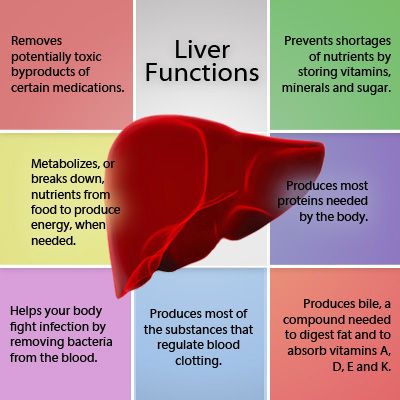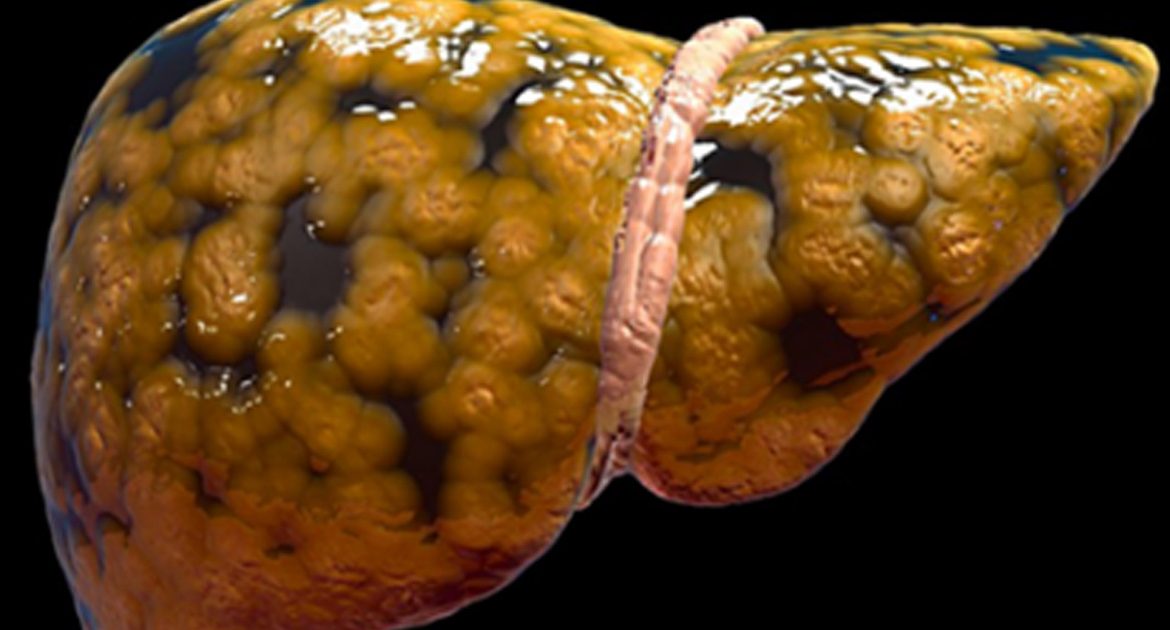The idea that your liver can cope with pretty much anything you throw at it is unfortunately far from reality. While the liver is our most important body-cleansing organ in filtering out toxins, just like the lint collector in your dryer, some of the damaging substances processed by the liver stick around. And when the damage starts to accumulate over the course of a lifetime, it can be the beginning of a downward spiral.

It’s well known that consuming too much alcohol can damage the liver, but there are also other ways that we hinder this vitally important organ from performing its necessary functions.
1. Processed food
Food that is processed with chemicals and treated to stay fresh for longer than its natural expiration date is often full of fat and preservatives, both of which cause oxidative damage to the liver. Consuming too many calories from fat and carbohydrates can lead to a fatty liver.
2. Inactivity
The liver plays an important role in digestion. An active lifestyle supports the liver in this role considerably because it causes your body to use the energy from carbohydrates more efficiently, reducing the amount that we need.

3. Excess body fat
A combination of inactivity and an overconsumption of processed foods often leads to obesity, which has its own negative effect on the liver. Obesity is closely linked with the liver disease non-alcoholic steatohepatitis (NASH). This is when too much fat accumulates in the liver, leading to inflammation and damage. Untreated, NASH can lead to liver cancer, cirrhosis or liver failure, even in a patient who has never drunk alcohol. What’s especially dangerous about this condition is that there generally aren’t any early warning symptoms, which means it’s often not discovered until the disease is already at an advanced stage.

4. High-dose pain killers
Acetaminophen, more commonly recognized as the brand name Tylenol, is a popular painkiller also used to reduce fever. At the first sign of a headache, muscle pain, or fever, we immediately reach for a bottle. But too much painkiller can damage the liver. Acetaminophen can also be found in numerous other medications and is especially dangerous in combination with alcohol. Therefore, it’s especially ill-advised to take Tylenol for a hangover, as alcohol followed by painkiller is like a double-whammy to your liver. If you really have a splitting headache after a night of over-imbibing, Ibuprofen is a better choice.
5. Slimming products
Slimming products and food supplements — even those that claim to contain vegetable and natural substances — can also cause liver damage. Green tea extract, Lipokinetix and Hydroxycut increase liver toxicity to the same extent as they promote weight loss. As a general rule, if the results of a diet product are too good to be true, there’s usually a catch, and that can be bad news for your liver. The resulting liver inflammation can often be without any symptoms.
6. Other medications
Medications that contain sodium valproate (an anti-convulsive used to treat seizures, bipolar disorder, and migraines) have damaging effects on the liver. Other common culprits are carbamazepine, phenytoin, levofloxacin and moxifloxacin, popular antibiotics in the treatment of sinus and respiratory diseases, that cause liver damage in many patients. When these medications are prescribed for a prolonged period of time, it’s important to have regular blood tests to recognize any early signs of liver damage.

There’s never a bad time to make an honest assessment of your food, drink and exercise habits. Is more than one of these areas a cause of concern for you? Even if you don’t have any symptoms, it’s probably not a bad idea to visit the doctor for a blood test to be sure your liver is functioning as it should. It’s the first step on the road to a healthier liver!






